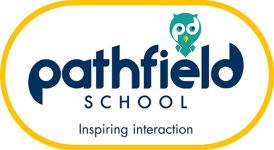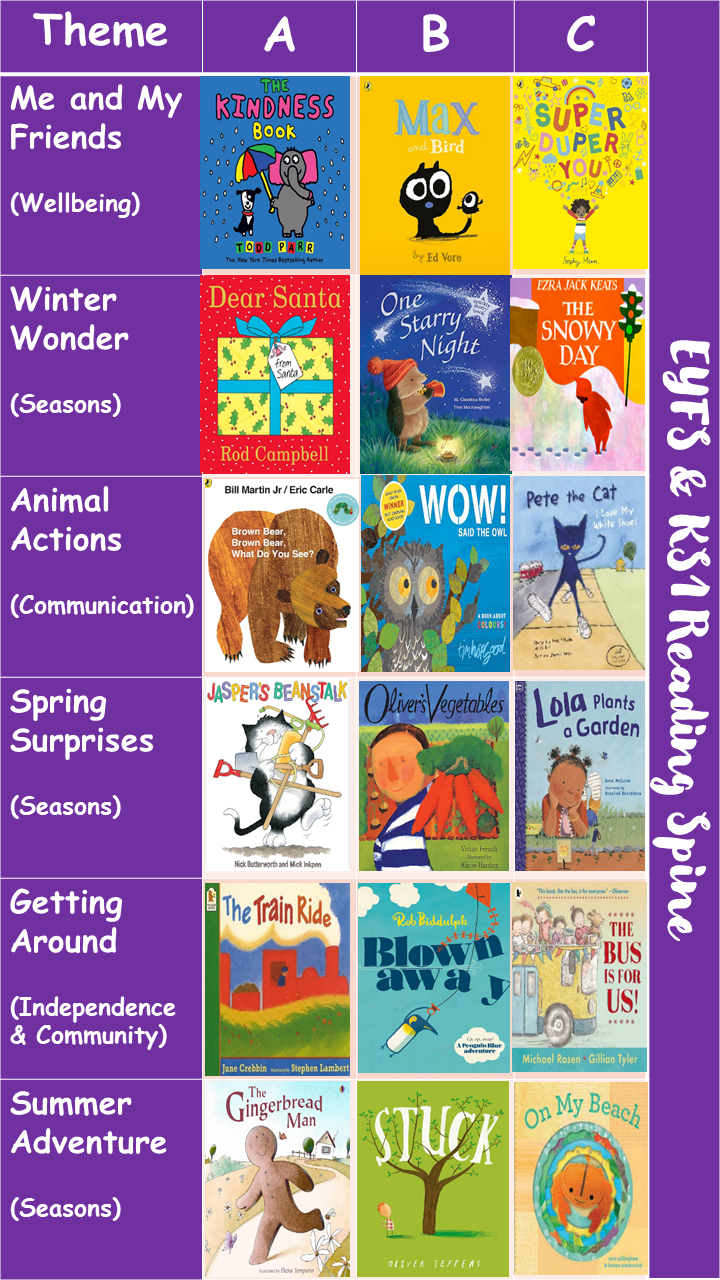Early Years & KS1
Intent (What we want to achieve)
We understand and value how important good transitions are for pupils and their families when they first attend Pathfield School.
We intend to create seamless and happy and secure transitions through the Little Explorers ‘Play and Stay’ provision.
Pupils develop the fundamental skills needed for them to begin their life of learning, as they journey through the school and beyond into adulthood.
Our curriculum embraces the EYFS principles for pupils up to the end of year 2. This ensures our pupils have access to a structured play-based curriculum suited to their individual needs.
This engaging approach develops attention and curiosity; making choices, problem solving, relationship building; become a valued member of their school community; being healthy, happy, and increasingly independent.
Implementation (How will we do this?)
There are currently three classes in the Early Years and Key Stage 1 (Green, Blue and Pink) These are grouped by age and stage. Pink class supports pupils within Key Stage 1, who have more complex needs and may need a more sensory approach to their learning.
Within the EYFS & KS1, children are beginning their first steps towards learning to learn. We encourage the development of attention and listening, engagement, responding to an adult and learning to play.
Pupils follow an adapted statutory Early Years Foundation Stage (EYFS) curriculum, incorporating non-statutory guidance materials from Birth to Five Matters. Other programs such as Assessment of Basic Language and Learning skills (ABLLS), Attention All, Read Write Inc and Write Dance are also used to create a rich curriculum. Extending the EYFS curriculum to the end of Year 2 provides the opportunity for students to have more time to develop play and exploration skills in a structured environment.
The three Prime areas of learning are woven throughout the curriculum.
- Communication – We help develop expressive and receptive language through a total communication approach using: Speech, Makaton, Augmented Alternative Communication (AAC) such as the Proloqu2go App, symbols and photographs. Expressive and Receptive language is encouraged throughout the day and supported by these other communication strategies.
- Physical Development – We encourage the strengthening of gross and fine motor muscles through physical education including, climbing, crawling, jumping, running, balance, riding bikes, developing pincer grips, threading, painting and mark making. Good physical skills enable pupils to interact with their environment, become more independent in their self- care and leads to opportunities to engage in creative activities, including mark making and messy play.
- Personal Social Emotional Development – This is an integral part of the curriculum. Children will be supported to manage emotions, develop a positive sense of self, set themselves simple goals, have confidence in their own abilities, persist and wait for what they want and direct attention as necessary. Throughout Key stage 1, we concentrate on developing self-care and independence skills such as: toilet training, washing hands, drying hands, teeth cleaning, learning to sit to eat, using cutlery and developing an increase tolerance of different foods. We have developed our own bespoke PSHE curriculum ‘Patchwork’ that runs throughout the school.
Other areas of the Early Years Foundation stage curriculum cover:
Maths
Literacy
Expressive Arts
Understanding of The World
Maths
In Maths, pupils work individually or in small groups, on pre-maths skills, learning to problem solve, match and order numbers. The delivery of Maths for some pupils is through the ABLLs program where appropriate. Students will then progress onto our Maths for Life curriculum with a primary focus on number, shape and measure.
Literacy
In Literacy, there is a termly topic book that supports the four pillars of our school curriculum (Communication, Wellbeing, Independence and Community). These stories have been chosen due to their level of vocabulary and diversity, but mainly because we know they will engage our learners and promote a love of reading. The list has been devised through discussions with parents, staff, students and professionals. There is also a good blend of classic tales and modern stories.
In KS1, pupils begin their journey towards becoming a functional reader through pre-phoncis activities, such as learning to listen and identifying a range of environment sounds. This can be done within the class by matching a sound to an object e.g. animal sound to animal or even during outdoor learning sessions to identify sounds in the environment. Pupils will then progress to matching sounds to pictures and symbols. Once secure, students access the Read, Write Inc (RWI) programme. Pupils are also provided with many opportunities to develop to mark make using a variety of tools and media. Pupils in Pink Class regularly take part in Write Dance which aims to develop the fine-motor skills required for pre-writing. Those students who access RWI will develop writing and basic comprehension skills as part of the programme. Some pupils struggle with mark making due to their physical needs and assistive technologies such as iPad apps can support students to become more independent.
You can view our current 3-year rolling programme of stories below.
Please click here for the Sharing a Shell Curriculum Map.
Expressive Arts
Music and Art activities are linked to the story being covered. Students respond well to familiar songs during circle-time activities and are encouraged to choose their favourite songs using a variety of communication strategies. Opportunities are provided for students to explore different materials and techniques when creating artwork. There is a significant cross-over between many strands of the curriculum throughout many activities. For example, a painting or craft activity may include the Expressive Arts but can also be linked to Physical Development of fine motor skills. Adults model many of these activities to encourage students to try new things.
Understanding of The World
Pupils are supported to become familiar with their new classroom and their wider school environment. Pupils have transitional walks around the school on a regular basis, where they become more familiar with other adults and enhance their independence skills. Pupils meet key members of staff that help them such as those at reception, school kitchen and offices. Students also have universal access to small world resources and role-play areas where they can dress up in different job roles such as the police, fire-fighters, chefs etc. All pupils have class-based responsibilities which include helping to tidy up, putting rubbish in the bin, returning plates to the sink etc. All these activities instil an early understanding of the world of work. Outdoor learning is a significant part of the curriculum and pupils have regular sessions delivered by our specialist Forest School Leader within our dedicated outdoor space. This is where pupils can also learn about plants, animals, weather, experiment and explore. As part of our Adventure curriculum, pupils will also take part in visits linked to the current story theme and in the Summer Term take on the ‘Rock Park Ramble’.
Impact (How do we know it is working well?)
Pupils are assessed against their individual PLG (Personal Learning Goals) termly and their EHCP targets annually. In addition to this, we have developed our own assessment systems for measuring progress in core subjects. Evidence is also collected against the EYFS areas of learning on EfL alongside professional commentary. The reception baseline assessment is completed for all reception aged children.
By the end of Key Stage 1 we want our pupils to:
- Make progress in their communication and interaction skills in order to be understood by significant people around them.
- Develop a love of reading and writing and build their knowledge and skills in core areas of the curriculum.
- Become confident and engaged members of the school community and be able to transition around the school with confidence.
- Learn to explore their wider community and experience all that this has to offer.
- Grow their self-esteem and develop their wellbeing and ensure they feel secure.
- Build positive and meaningful relationships, by managing and expressing their emotions positively.
- Make healthy choices and be physical active, through encouraging purposeful play and the development motor skills.
- Become as independent as possible by managing their own personal care, toileting, dressing, handwashing and eating.


